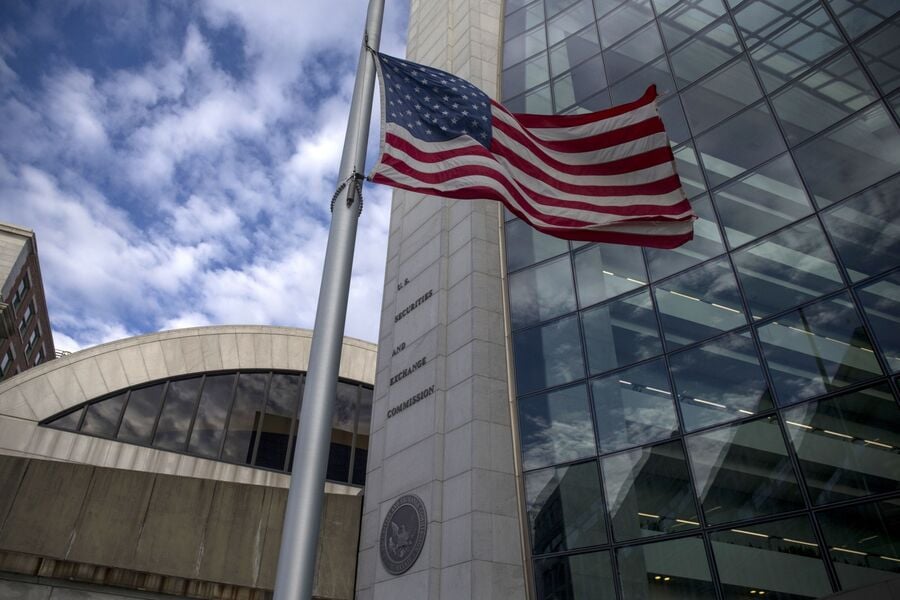

The New York Stock Exchange and Nasdaq would no longer be able to offer a kind of special discount that rewards Wall Street brokerages for routing large amounts of trade orders to them under a new plan from the Securities and Exchange Commission.
On Wednesday, the SEC proposed banning so-called volume-based transaction pricing. The arrangements involve charging reduced fees or offering rebates to brokerages specifically based on how many stock trades they send each month on behalf of clients.
This tiered setup can result in larger trading firms offering customers better transaction prices than smaller ones, SEC Chair Gary Gensler said during a meeting. That can drive smaller and midsize brokers to route their orders through larger ones, he said.
“A handful of the largest brokers are then able to collect a fee for that service and use that volume to qualify for even better tiers for themselves and other customers,” Gensler said.
The SEC voted 3-2 to advance the plan, which would be open for public comment and then require another vote months later to be finalized. It’s the latest effort by the SEC to tackle aspects of the stock market that could pose conflicts of interest. The SEC wouldn’t entirely prohibit exchange fees or rebates — a cornerstone of the stock market — just those based on transaction volume.
Late last year, the agency proposed separate, sweeping regulations that delve into how trades are ordered and executed in the world’s biggest equities market. Those are still under consideration, and, if enacted would have a far greater impact on how stocks trade than a volume-pricing ban.
Under Wednesday’s proposal, exchanges could still offer lower fees and rebates to brokers and banks that are trading with their own funds. However, exchanges would have to make monthly disclosures about their volume-based pricing tiers and the number of exchange members that qualify for each tier.
Hester Peirce, one of the SEC’s two Republican commissioners, questioned the need for the proposal.
“Economies of scale trigger discounts in almost every industry,” she said. “Why should similar discounts be unavailable in this industry?”
Typically only the largest banks or other large traders can attain the most advantageous pricing tiers, meaning the largest firms would likely be most affected if the plan was finalized.

Relationships are key to our business but advisors are often slow to engage in specific activities designed to foster them.

Whichever path you go down, act now while you're still in control.

Pro-bitcoin professionals, however, say the cryptocurrency has ushered in change.

“LPL has evolved significantly over the last decade and still wants to scale up,” says one industry executive.

Survey findings from the Nationwide Retirement Institute offers pearls of planning wisdom from 60- to 65-year-olds, as well as insights into concerns.
Streamline your outreach with Aidentified's AI-driven solutions
This season’s market volatility: Positioning for rate relief, income growth and the AI rebound
